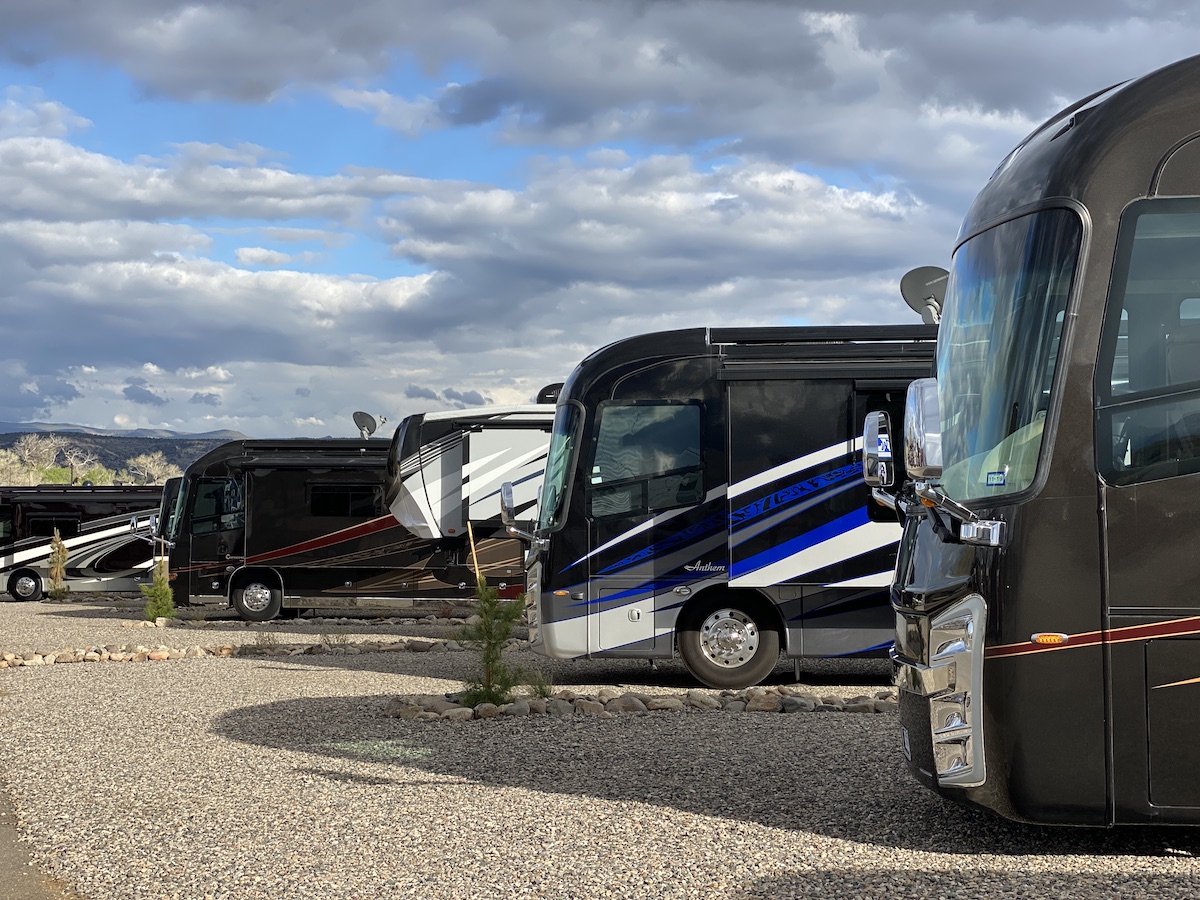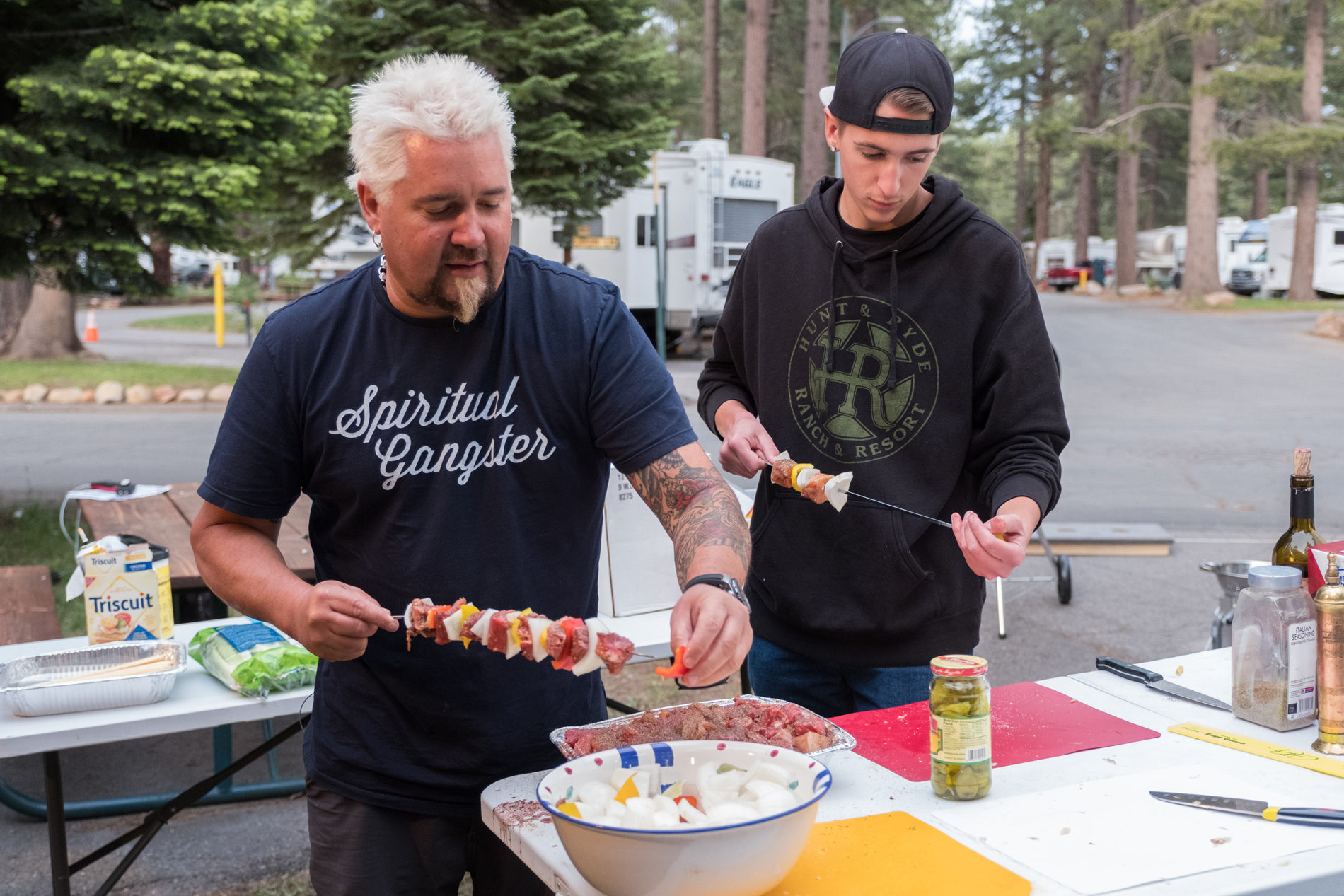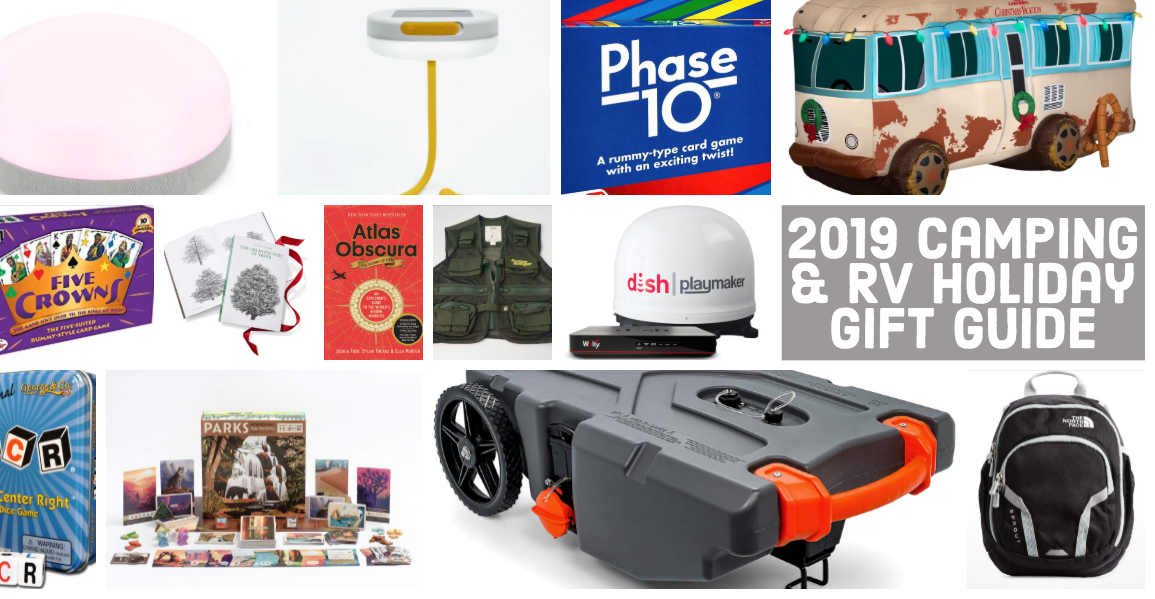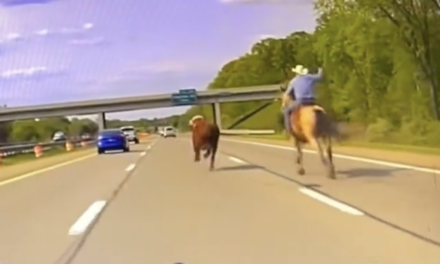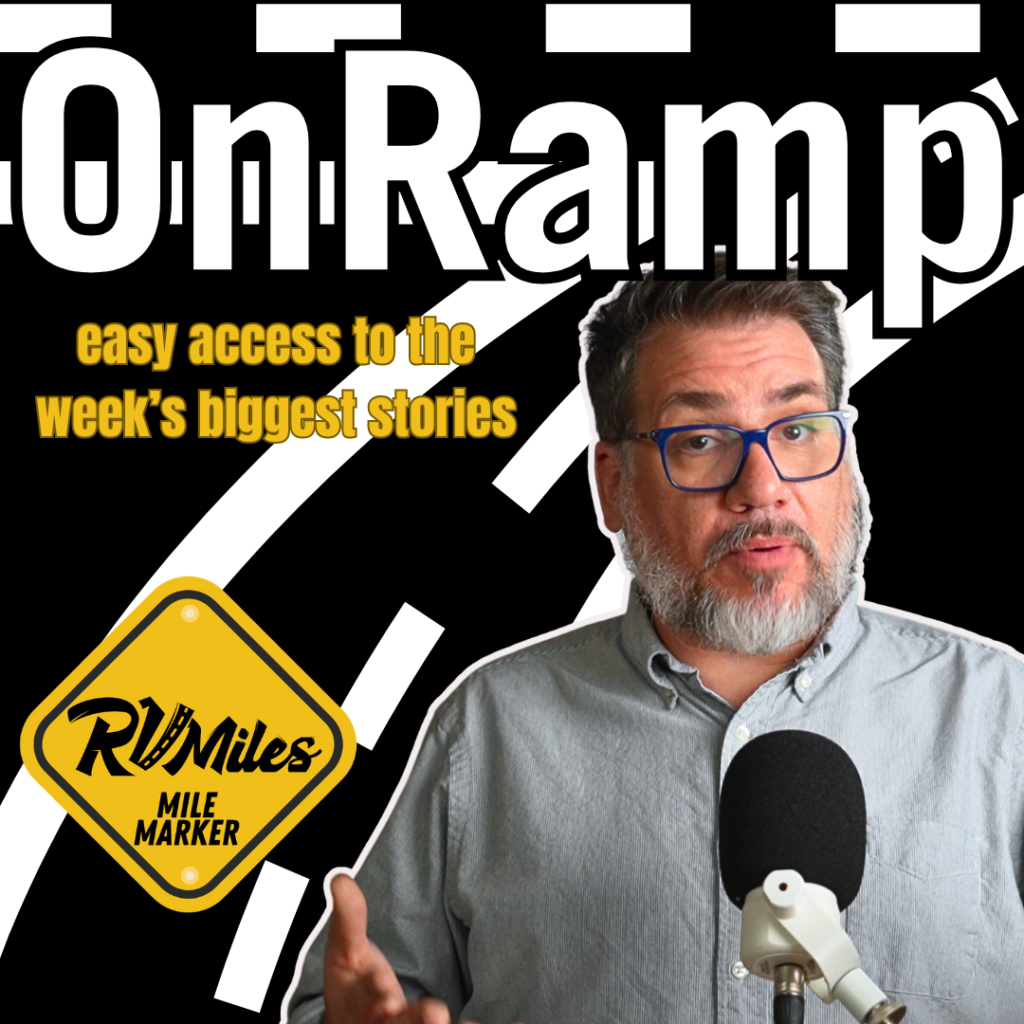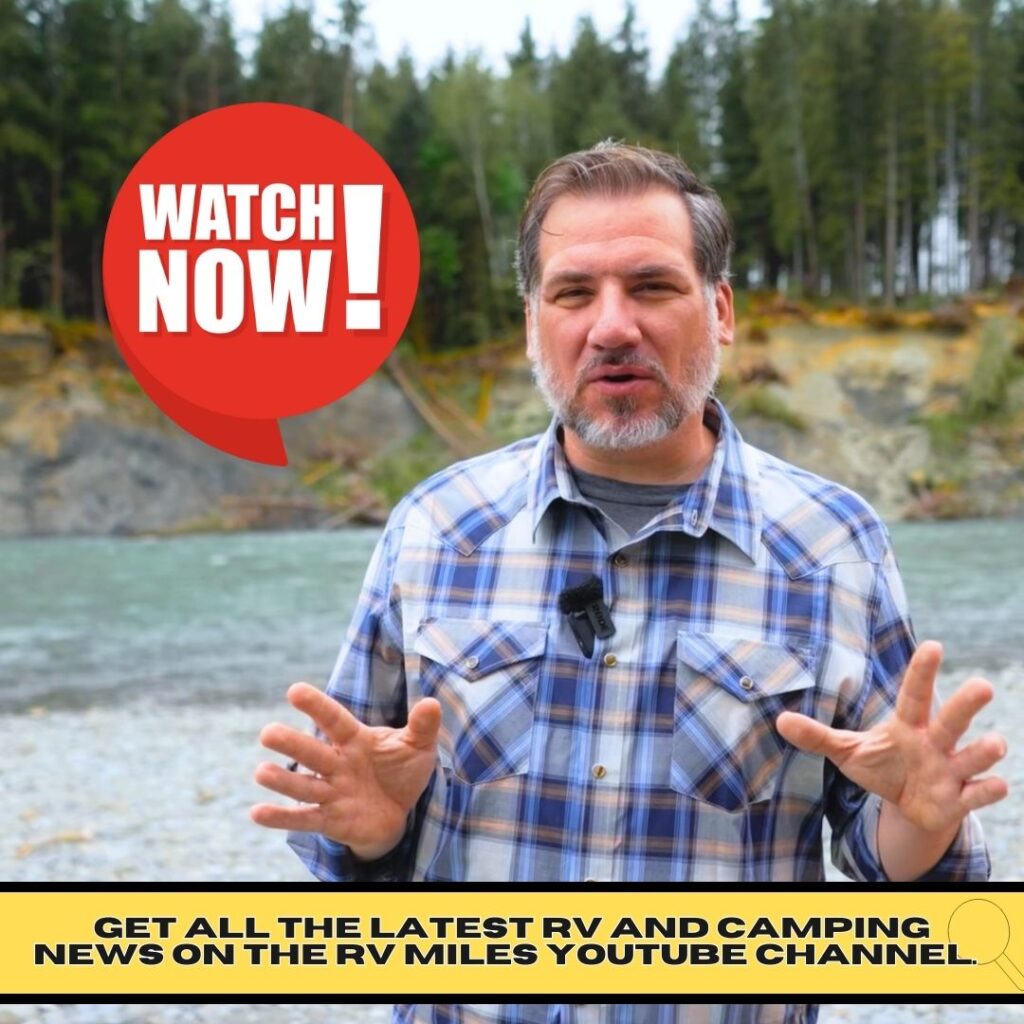by Jason Epperson
While many state and federal campgrounds are closing amidst the Coronavirus pandemic, most private parks are staying open, and most are as busy as ever in warmer climates as people in government-run parks become displaced. But campground owners are beginning to fret over the growing concern that they will be forced to shut down by their state or local government.
As of this writing, a handful of states are under some version of a shelter-in-place order. But those states, including California, Illinois, and New York are some of the most populous — 1 in 5 Americans have been legally ordered to stay in their homes for all but the most necessary needs.
In those states and many other local communities, non-essential businesses have been told to close. But officials disagree on what non-essential means. California’s order uses the federal Department of Homeland Security’s list of “critical infrastructure sectors” to determine what businesses stay open. RV parks and other transient lodging are protected on the list. But Pennsylvania’s shelter-in-place order specifically forbids transient lodging, while only allowing RV parks and hotels that have permanent residents to stay open.
A few local municipalities are going further to force private parks to close. The Florida Keys will close all hotels, campgrounds, and short-term rentals as of Sunday. Presidio County in Texas has enacted a similar closure.
But do campground closures lose sight of the hundreds of thousands — if not millions — of transient residents and workers? “Privately owned campgrounds and RV parks, serve Winter Texans as well as traveling doctors, nurses and other temporary employees who provide ‘essential services’ throughout the state,” said Brian Schaeffer, executive director and CEO of the Texas Association of Campground Owners.
Campgrounds are a critical piece of Texas infrastructure, Schaeffer said, because they provide temporary housing and shelter and, in many cases and other essential supplies for workers and travelers who are self-contained in their own RVs. They also serve as emergency shelters for evacuees fleeing floods and hurricanes, natural disasters that we could certainly still face during this crisis.
Memphis-based based RVC Outdoor Destinations, which operates resorts in 9 states, is seeing an uptick in reservation requests from traveling nurses, many of whom use their RVs as their self-contained home while they are on temporary assignment at hospitals and other medical facilities across the country. “Privately owned campgrounds, RV parks, and resorts have to stay open to accommodate traveling doctors and nurses and other people who perform essential services,” said Lloyd T. Lauland, Jr., RVC Outdoors’ president.
RVC’s call center has received an increasing number of reservation requests from traveling nurses who are being dispatched to different areas of the country to help with the Coronavirus epidemic. They’re also seeing increased reservation requests from older RV enthusiasts who don’t feel comfortable in cities and prefer to be out in remote locations in the safety and comfort of their RV. “We have had many guests seek refuge from the virus at our resorts and have chosen to self-quarantine by avoiding larger cities, crowds, and unstocked grocery stores,” Lauland said.
In Florida, no shelter-in-place has been ordered, but state park and state forest campgrounds have been closed, just before a massive migration of snowbird travelers takes place back to their home states. “Campgrounds and RV parks provide greatly needed temporary housing and shelter and, in many cases, essential supplies, including groceries, for workers and travelers who are self-contained in their own RVs,” said Bobby Cornwell, Florida Association of RV Parks and Campgrounds. “Many privately owned RV parks also provide, distribute, and sell LP Gas to their guests, residents and the public, further enhancing their position as a necessary and ‘essential business’ that serves their community and the public.”
Florida’s RV park industry is a huge, with over 900 licensed RV parks providing over 125,000 RV camping sites. “In addition to serving an important lodging and housing need, these parks provide important psychological and health benefits,” Cornwell said. “Many of them have large outdoor open-air facilities, are located on Florida’s beautiful lakes, rivers or coastlines. Most of them provide pools and a variety of outdoor activities that people can use to exercise and enjoy the great outdoors and fresh air, which can help reduce their stress levels while spending quality time with their family.”
KOA — the country’s largest campground franchise with nearly 500 locations — says that all but six of their locations are open. They say that KOA campgrounds have experienced both reductions and influxes of guests.
Various health and safety measures have been put in place at KOAs, covering in correlation to WHO and CDC recommendations. Campgrounds have increased the frequency of cleaning and disinfecting in public spaces, with a focus on the counter at the front desk, door handles, public bathrooms, and utility pedestals. Some parks have altered check-in procedures to limit hand-to-hand interaction and indoor gathering. KOA’s Corporate and regional teams are adopting new processes to monitor, analyze and give support in near real-time to campgrounds and campers.

